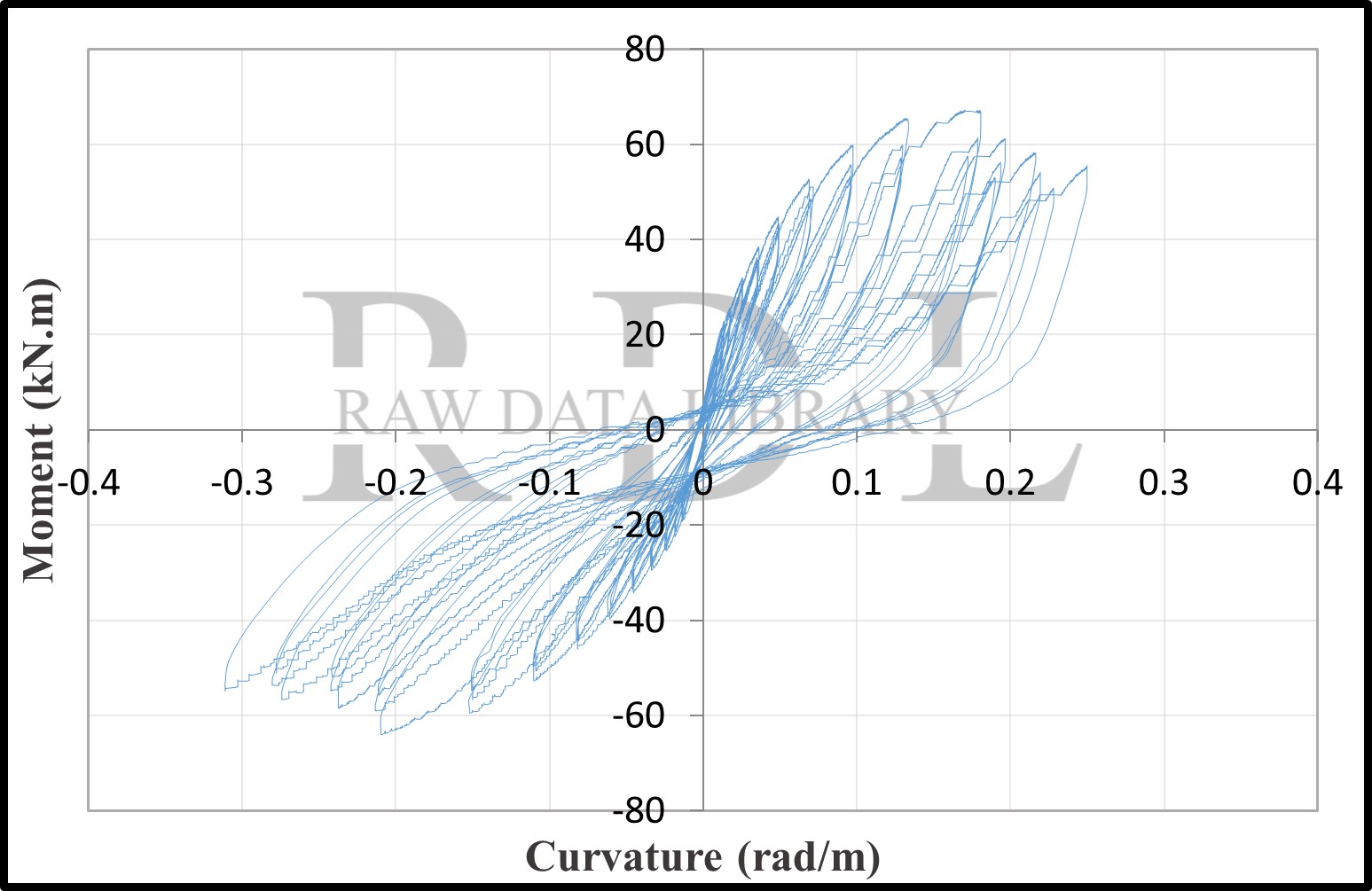IVAN TURGENEV AT THE FINAL STAGE OF WORK ON THE IMAGE OF BAZAROV (ON THE MATERIAL OF THE SELF-EDITING OF THE FINAL AUTOGRAPH OF THE NOVEL FATHERS AND SONS)
Abstract
The ambiguity of Turgenev's statements about his work on the image of Bazarov, fixed in the writer's metapoetics, is explained by the fact that he dreamed of a figure ... tragic, half-grown from the soil, the character conceived by him as still standing on the eve of the future, self-broken, endowed with the features of a Hamletizing Don Quixote. An analysis of the laws of meaning generation in the novel, which are revealed when considering the logic in the writer's work on the image of the denier, provides additional material for the textual and historical-literary commentary of the work. A.I. Batyuto, substantiating the concept of the canonical text of Fathers and Sons, rightly emphasized that, when preparing the novel for magazine publication (1862), Turgenev eliminated many details that portrayed Bazarov in an unfavorable light and restored or re-created those that emphasized the truly typical in the image of a Raznochinets-Democrat. This Turgenev's intention, realized in his work on the image of Bazarov, is fixed by the system of editing and self-editing of the final autograph of the novel. Correcting the text in accordance with the ideological concept, Turgenev removed the epigraph, which limited the problematics of the novel to social issues and did not sanction the depiction of the character's ontological drama. The writer made significant changes to the characterization of Bazarov's attitude to art: he removed associative links with discussions about the usefulness of art from D.I. Pisarev's pretext articles and direct statements about Bazarov's misunderstanding of art, and strengthened the idea of the character's negative attitude towards the theory and practice of disinterested art, and of his deep understanding of the connection between artistic creativity and spiritual activity with all other spheres of society. By editing the final autograph, the writer sought to emphasize the generalized nature of the perception by new people of the two main forms of knowledge science and art. A correction was made aimed at exacerbating the ideological conflict between the Democrat Bazarov and the Liberal Kirsanov, at substantiating the fact that the nihilist character is the spokesman for the needs of the people and their aspirations. Emphasizing Bazarov's self-sufficiency, his ability of self-realization, Turgenev, while finalizing the text, actualized the idea of action as a way of a human's attitude to the world. In a number of cases, the writer abandoned lexical means that created the connotation of authorial irony in relation to the protagonist, more clearly expressed the desire to avoid rhetoric when characterizing and describing the life goals of a character of this type, realizing that the image of a positive character is the most difficult in the writer's work. A few corrections in the depiction of Bazarov's illness and death are significant. Turgenev sought to organically connect the picture of the character's death with the semantic field of the novel's finale and its main motif of endless life. The pattern in the self-editing of the final autograph of Fathers and Sons was manifested in the elimination from the text of everything that would reduce Bazarov in the reader's perception, in the strengthening of the positive principle in the character and appearance of Bazarov as a type of a public figure of the era, and in the actualization of the existential content of the philosophical connotations of the novel.





















